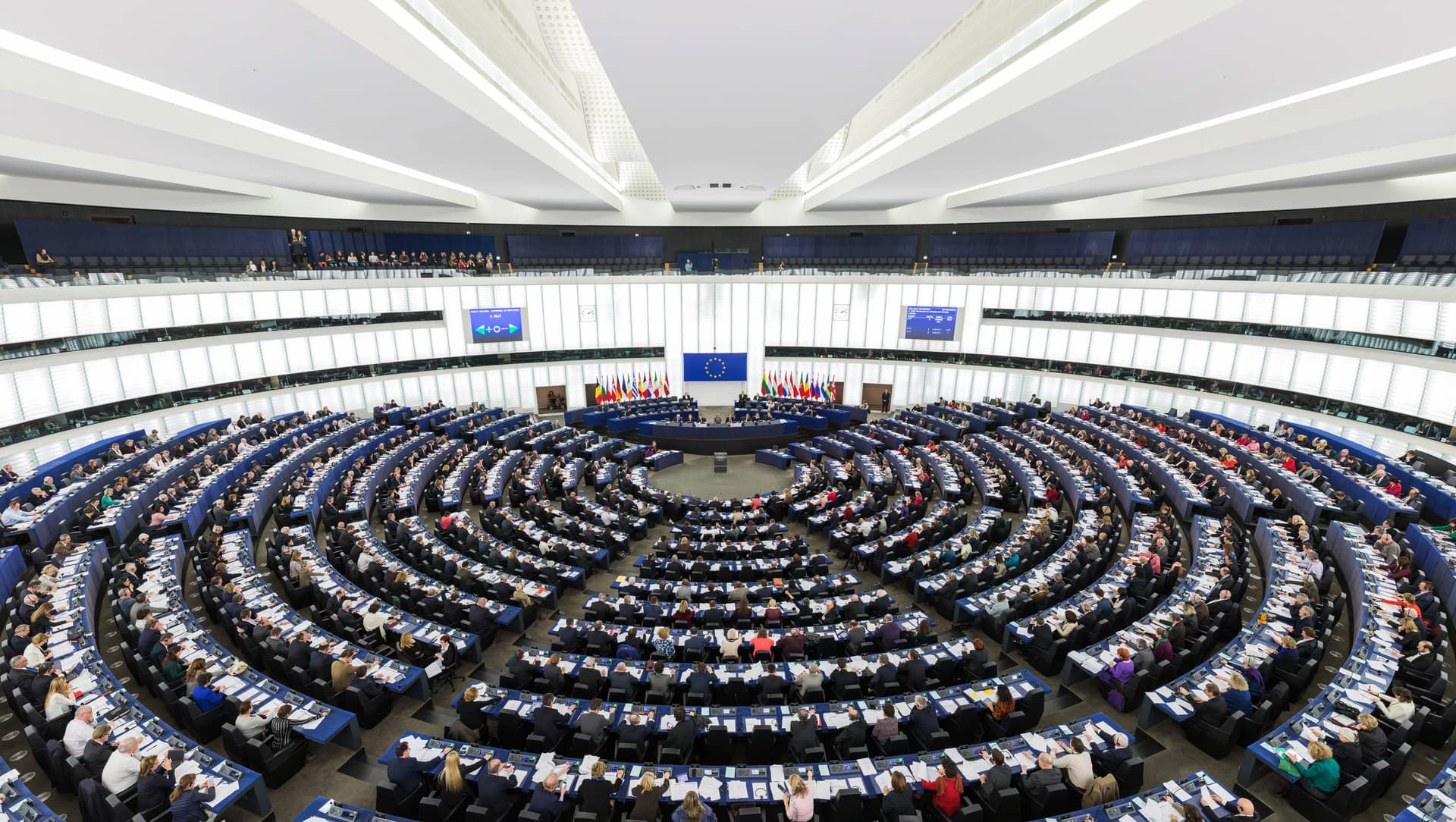
European Court Dispels the Doubts: Unregistered Licences Can Be Enforced
The case that opposed an individual against the German company Breiding mbH is still fresh. This case was the result of a request for a preliminary ruling regarding the interpretation of article 23(1) of Council Regulation (EC) No 207/2009 of 26 February 2009 on the Community trade mark (hereinafter “Community Trade Mark Regulation”).
More specifically, since 2011, Breiding mbH has been the holder of a licence relating to the Community trade mark “ARKTIS”. Despite stipulating the possibility of prosecuting infringement actions against third parties, the licence has never been recorded at the Registrar of Community Trade Marks. After having noticed that its licensed trademark was being counterfeited, Breiding brought an action against the infringer. Notwithstanding the evidence of infringement, the national court decided to interrupt the proceedings and ask the European Court of Justice (hereinafter “ECJ”) whether, according to the 23(1) of the Community Trade Mark Regulation, a proceeding for infringement shall only be acceptable if the trademark is recorded before the Registrar.
In its findings, ECJ held that the lack of licence registration shall only have an effect on precluding reliance as vis-à-vis all third parties. In this sense, an unregistered licence should never preclude an infringement procedure as long as the licensee has an inter partes authorization to do that.
Indeed, under the European Union trademark regulation, there is no similar provision as for the trademark assignments which, according to article 17(1) of the Community Trade Mark Regulation, states that “as long as the transfer has not been entered in the Register, the successor in title may not invoke the rights arising from the registration of the Community trade mark”. So, only in this last particular case, the recording of an assignment has implications on its legal validity. Regarding trademark licences, the recording will only serve to provide publicity and enforcement against third parties who in good faith have acquired and legally maintained rights to the licensed trademark, not dismissing inter partes effects.
With this decision, the ECJ has dispelled all the doubts which have arisen from the European rules avoiding misinterpretation among European Union countries.
In fact, the effects of registering a licence vary from country to country. Looking at all the jurisdictions, we can identify two main systems:
- Registration of licences as a requirement of validity of the license itself;
- Registration of licences as a requirement of enforcement against third parties in good faith;
The first system has implication on the validity of the licence. The failure to record a licence will render the licence invalid. Despite not being a common occurrence in most of the jurisdictions worldwide, it is still provided for in some jurisdictions, whereas there exists a legal uncertainty in others.
The second system is the most common. It means that the license will not be enforceable against third parties that are not privy to its existence. Despite some stakeholders calling for its abolition, stating that this system, when it is necessary to record the licence in several countries, is expensive and bureaucratic, legally, we would say that this is a necessary evil. Firstly, not recording a license can place the trademark itself in danger, since use by the licensee might not inure to the benefit of the owner and the trademark registration becomes vulnerable for cancellation due to non-use. Secondly, doing away with the licensing recording system could damage unfairly the position of third parties. As in real rights, third parties in good faith shall be protected and, in this light, making public the acts of transmission is essential. When involved in negotiations, third parties should be sure of the legal status of their right.
Currency Info
Final charges will be made in USD.
Currency conversion is for information purposes only and accuracy is not guaranteed. Overseas customers are encouraged to contact their bank or credit card provider for details on any additional fees these institutions may include for currency conversion.
Territory List
There are no results for your search.
- Africa
- Algeria
- Angola
- Benin
- Botswana
- Burkina Faso
- Burundi
- Cameroon
- Cape Verde
- Central African Republic
- Chad
- Comoros
- Congo (Republic)
- Côte d'Ivoire
- Democratic Republic of the Congo
- Djibouti
- Egypt
- Equatorial Guinea
- Eritrea
- Eswatini (Swaziland)
- Ethiopia
- Gabon
- Gambia
- Ghana
- Guinea
- Guinea-Bissau
- Kenya
- Lesotho
- Liberia
- Libya
- Madagascar
- Malawi
- Mali
- Mauritania
- Mauritius
- Mayotte
- Morocco
- Mozambique
- Namibia
- Niger
- Nigeria
- Réunion
- Rwanda
- Sao Tome and Principe
- Senegal
- Seychelles
- Sierra Leone
- Somalia
- South Africa
- South Sudan
- Sudan
- Tanzania (mainland)
- Togo
- Tunisia
- Uganda
- Western Sahara
- Zambia
- Zanzibar
- Zimbabwe
- Africa (OAPI)
- Africa (ARIPO)
- Other
- East Timor
- Macao
- Maldives
- Portugal
- European Patent (EPO)
- European Union Trademark (EUTM)
- International Trademark (Madrid System)
- Patent Cooperation Treaty (PCT)




